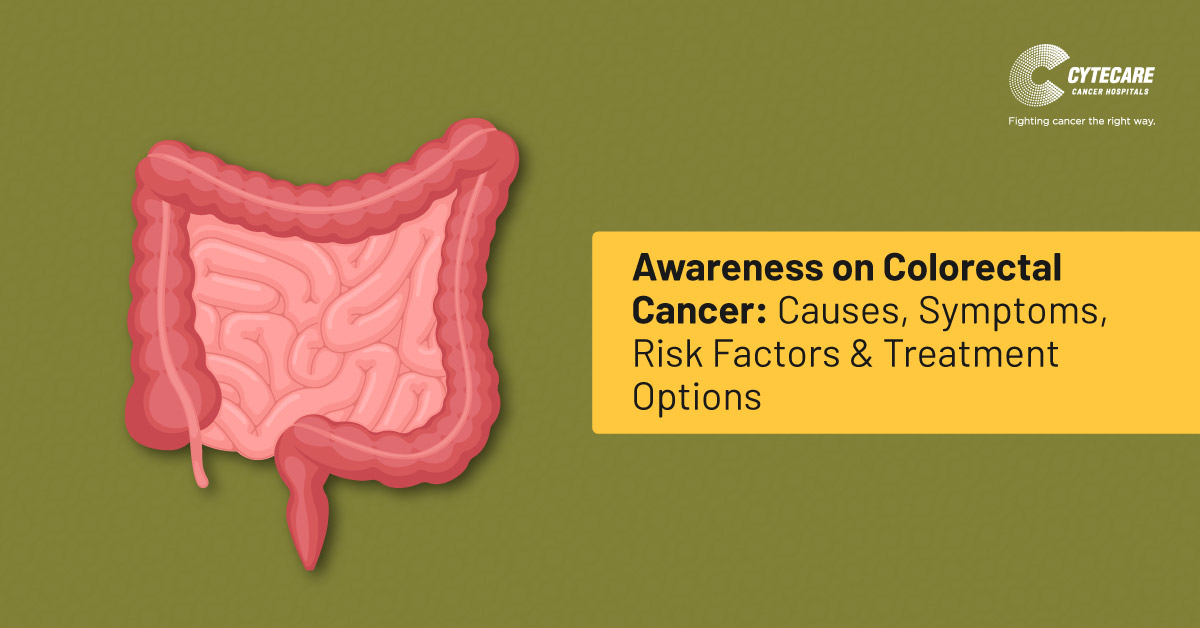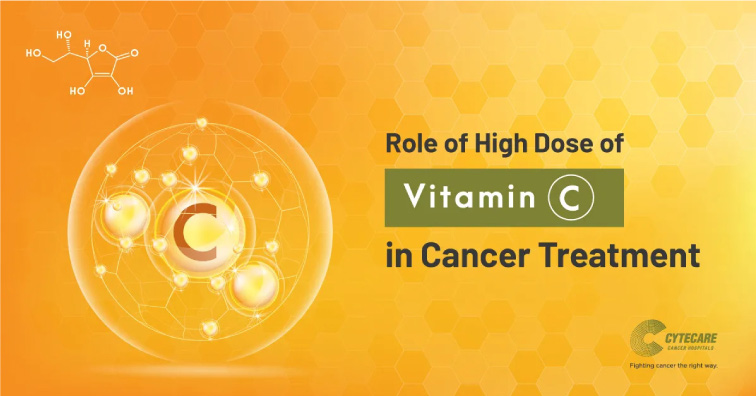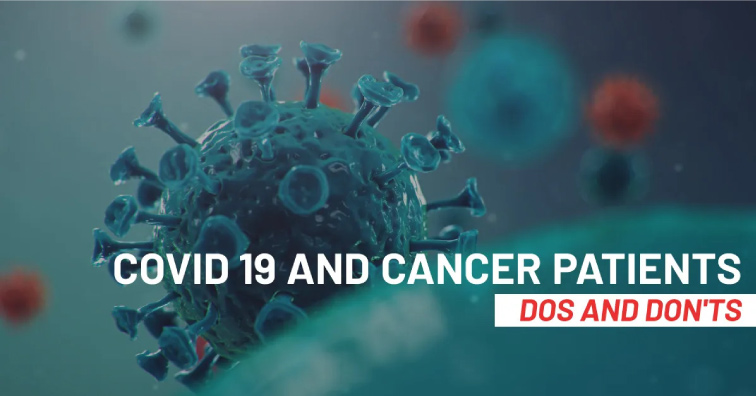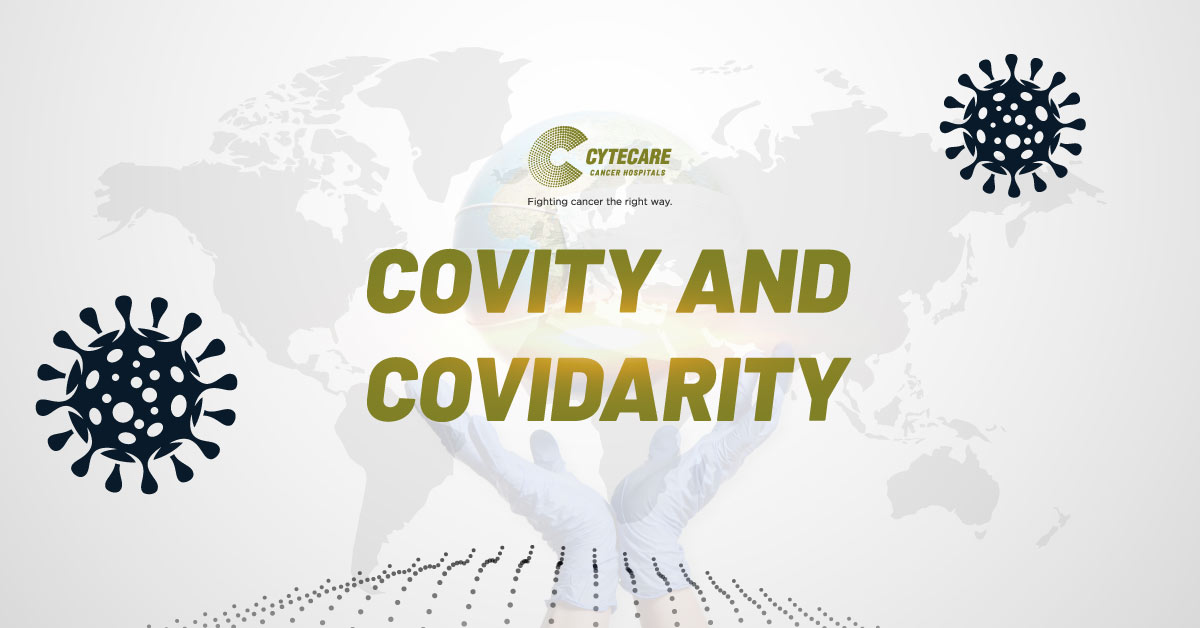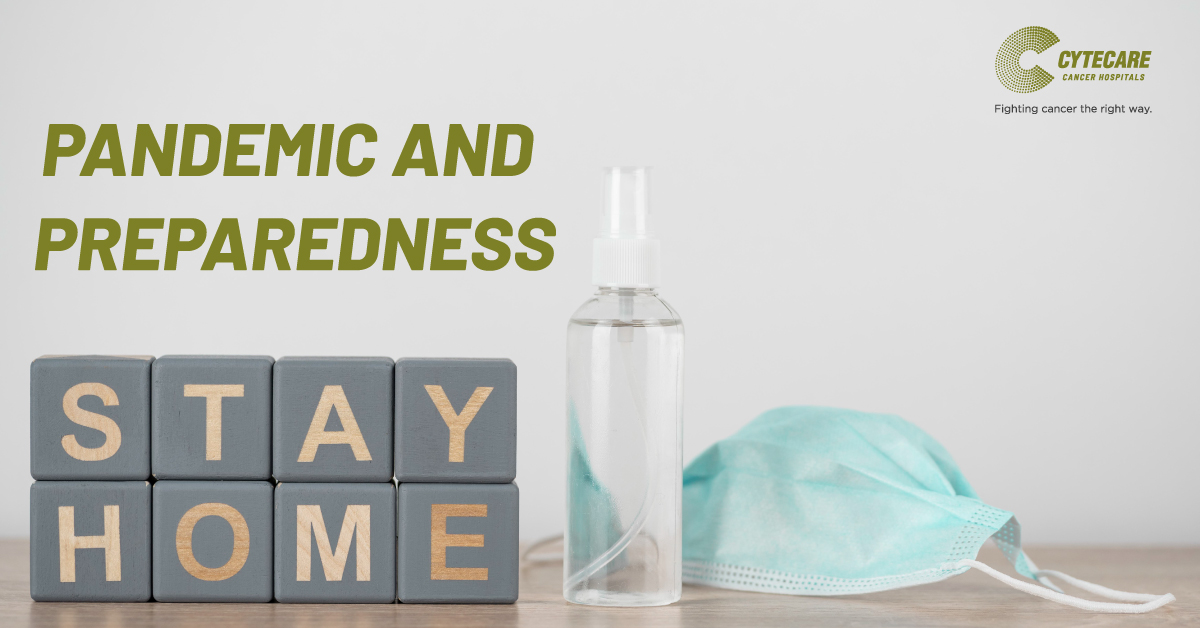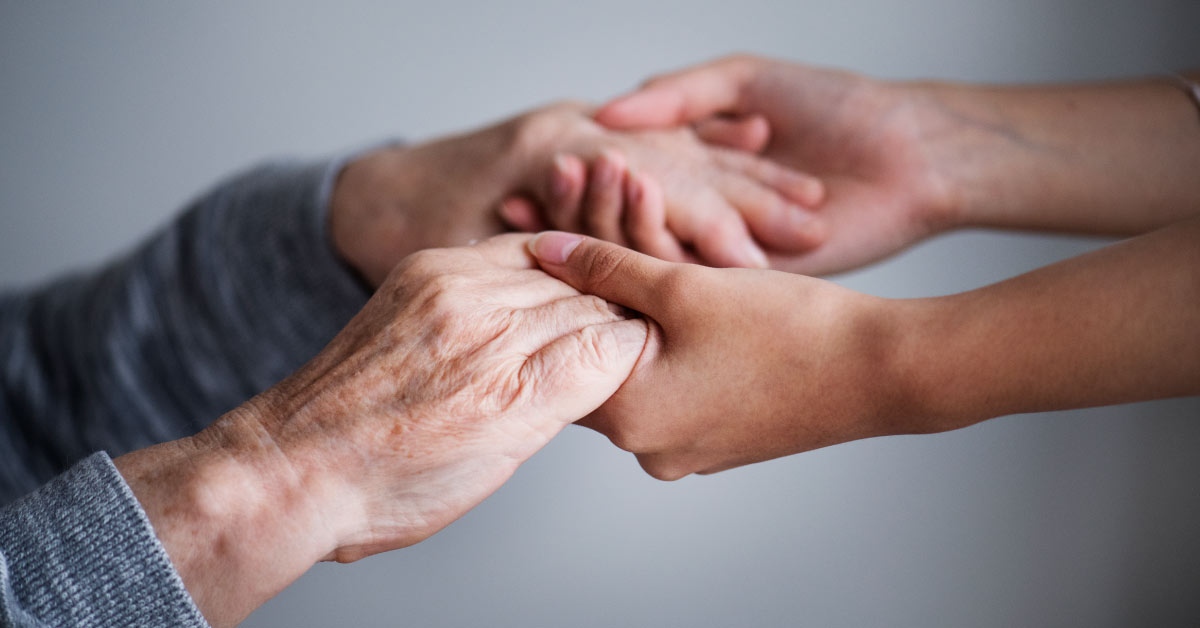
Author:
Dr. Harish P, Consultant – Medical Oncology
Everyone has a different style when it comes to coping with cancer and the emotional roller coaster that comes with it. This coping checklist can help you learn whether your coping methods are healthy and helpful. It may also help you identify strengths you can build on and weaknesses you can improve.
The following statements are linked to healthy coping. Which of these are true for you?
- I look for more information when problems come up, or I get bad news.
- I talk with others and share my concerns when I face a problem.
- I try to lighten up and see the humor in a tough situation.
- On some days, I just try not to think about my illness.
- I keep busy to distract myself from being sick.
- If reliable information shows I need a change in treatment, I do it without delay.
- Cancer has made me re-examine my life, but there are still people and activities I enjoy.
The more of the above methods you can use, the better you will be able to deal with the challenges of cancer. Psycho oncology at Cytecare is a way to share coping skills with others, get support, and find “real world” answers to questions about cancer, treatment, and relationships.
Here’s the second part of the coping checklist. These are common ways of coping with the emotional issues that often come with cancer, but you may notice that they aren’t the healthiest ways to cope. Sometimes these methods will drive people away from you just when you need them the most.
If any of these statements are true for you, it may be time to look for healthier ways to cope:
- When I’m upset, alcohol helps calm me down.
- I wish people would leave me alone.
- No matter what I do, I can’t sleep.
- I can’t help thinking I must have done something bad to deserve this.
- Having cancer is bad enough, but to make matters worse, no one knows how to take care of me.
- I think cancer is my fate. What’s the point of fighting it?
When a person has anger, hopelessness, sadness, emptiness, worry, or other painful emotions most of the day, nearly every day, for longer than two weeks, it can be a sign of serious anxiety or depression. When you have these issues, it’s an indicator to ask for help. Again psycho oncologists and a frank and uninhibited discussion with your oncologists is the way to go. Keep in mind that emotional problems can and should be treated, just like physical problems.
